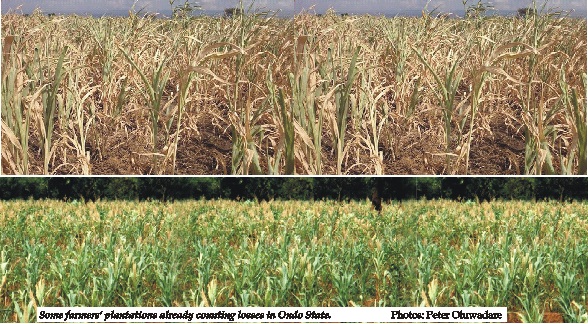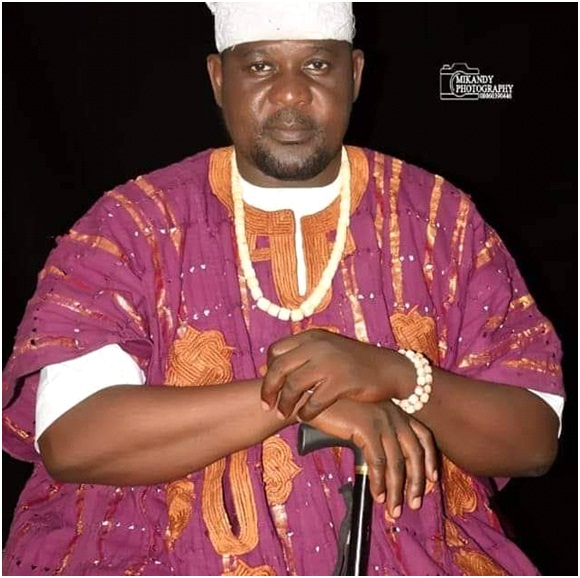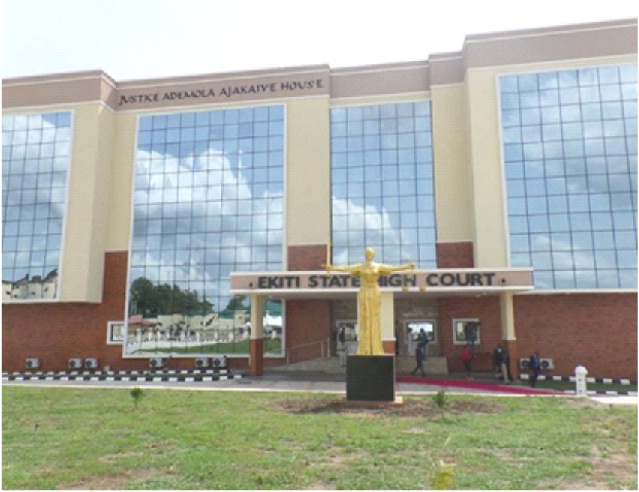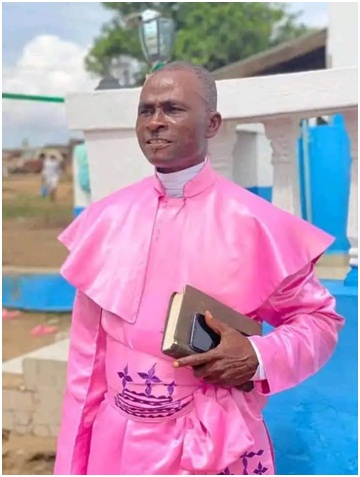Ignoring the old ways at our peril
Ignoring the old ways at our peril
By Steve Alabi
|
The more I interrogate the present, the more I am convinced that the past is the way to go for this lovely country of ours to realise its full potentials. The ways of the present tend to glorify absurdity and elevate showmanship to craftsmanship, average performance to ability and quantity to quality. This is not only in sports but also in virtually every endeavour requiring some rigorous skills to deliver. The application of rigour and attention to detail that were once the currency of engagement in the arts, sciences and entertainment are now considered wastage of energy. In their stead, the new generation mainly worships the mundane, the flashy and the glittering. Yet, the mundane is not noble, the flashy is not enduring, and not everything that glitters is gold.
Even in journalism, this seriously engaging profession that tasks its practitioners to stick to ethics and rules, the standards have fallen abysmally. In print, not only grammatical errors once considered anathema in the days of yore are now daily served with astonishing regularity, but also errors of fact that ought not to pass through the gate keepers. In broadcasting, the rigours of research and quality presentation have given way to self adulation and false accents. The increase in the number of broadcast outfits is a one way traffic to a dismal decrease in quality such that listening to radio is becoming injurious to one’s health if you are of the old school. Many of today’s broadcasters talk more about themselves than about the topics of discourse. The annoying part is that the culprits think they are gold!
Gold is not a mineral you pick on the ground. Gold requires sweat and blood to dig up. But the coaches and performers of this era, like their counterparts in the pen profession, want to pick gold without sweat and blood. Only very few really want to work for success. Majority believe in cutting corners, and that is where the problem is. As the sages consistently affirm, you cannot reap bountifully from a thin sowing. The lazy sower will soon discover that the amount he sows determines the amount he reaps. Conversely, the diligent sower goes home with joy and satisfaction of a rich harvest.
Many of today’s sports technocrats deride the ways and methods of old as archaic and obsolete for the challenges of the new times. For them, the process of searching for talents in the nooks and crannies of the country is too slow and cumbersome. They prefer purchasing established stars that would give them instant success. They forget that such instant success is but a fluke, fleeting and never enduring. It does not give the satisfaction that comes from seeing the labour of one’s hands fruiting and blossoming. Such success cannot be possessed like a personal treasure. It is ephemeral.
The old way of discovering talents is still the most effective, far better than the current style of scouring through sports councils and poaching professional athletes. These athletes work for that very competition that they are engaged for and usually leave after, to be recycled in another state by the next competition. They are really of minimum value to their employer. They wear the employer’s colours, take part in the competition, collect their usually fat pay, remove the colours and take off to their next destination. They pass no knowledge to the home grown athletes and are never useful as mentors and models. They merely perch and disappear.
The coach of the old times deliberately went in search of talents. Sometimes, he hit goldmine by his own industry, other times, the heavens favoured him with divine assistance. It is in the nature of things for the conscientious worker to be rewarded. In the course of doing his work diligently, the heavens would drop something monumental in his laps. The late Coach Samuel Akinyemi, better known as Erin, was such a conscientious tracker of talents whose dedication to digging deep at the grassroots was richly rewarded in more than two or three instances. One of the instances was the fortuitous discovery of Fatima Yusuf at the inter-house sports competition of Ansarudeen Comprehensive High School, Owo in 1987. Erin was on duty as the starter for the competition. Even then, he did not forget to be on duty as a talent hunter.
There is a wise saying of Eastern origin that when the disciple is ready, the teacher appears. That was exactly what happened: though not slated to participate in the inter-house 4 x 100 metres relay race, Fatima’s third leg delivery was something straight from the heavens. A human being, even a vehicle, normally slows down when negotiating a bend. That is the natural order of things. But when this untrained Fatima took the baton, she took the bend without slowing down. Only natural quarter milers negotiate bends without slowing down, and they are rare to come by. It was a performance that only the gods could give. Erin knew instantly that he had gold in his hands. He moved with alacrity across the road to the farmstead opposite the school where Fatima’s parents lived to seek their consent to bring the raw gold to Akure for refining. The rest, as they say, is history.
Within months and with careful guidance from Erin, Fatima announced herself on the national stage at Rivers ’88. The following year, she won gold in the 400 metres at Festival ’89. Only a year later, she had taken the Commonwealth title at the Auckland Games in 1990. The following year, she won silver medal at the 1991 All-Africa Games. Like her compatriot, Oluyemi Kayode, who had a similar breakthrough, again with the hardworking Erin, she won an Olympic silver medal in the 4 x 400 metres relay at Atlanta ’96 in company of Falilat Ogunkoya, Bisi Afolabi and Charity Opara. These are the kinds of results that genuine scouting, careful nurturing and systematic growth secure. But how many of our coaches want to go the route of Erin and his likes?
We ignore the old ways at our peril. For years now, we have not produced a world class athlete, let alone a world beater, except Blessing Okagbare. Time there was when a single state like Ondo could boast of a number of international greats in its ranks. Most unfortunately, the so-called stars of today, who can hardly match these illustrious forebears, can only be found in American universities. The coaches of today must dust up the books of their predecessors for them to re-create the successes of yesteryears. The ways of old, though tortuous and long, bring great results. As Novak Djokovic, the tennis icon, said two years ago, difficult paths lead to beautiful destinations. He should know: tennis is a strenuous game that tasks the player’s physical and mental strengths to the limit. If our coaches go back to the old ways, they will find, to their joy, that difficult paths truly lead to beautiful destinations.









